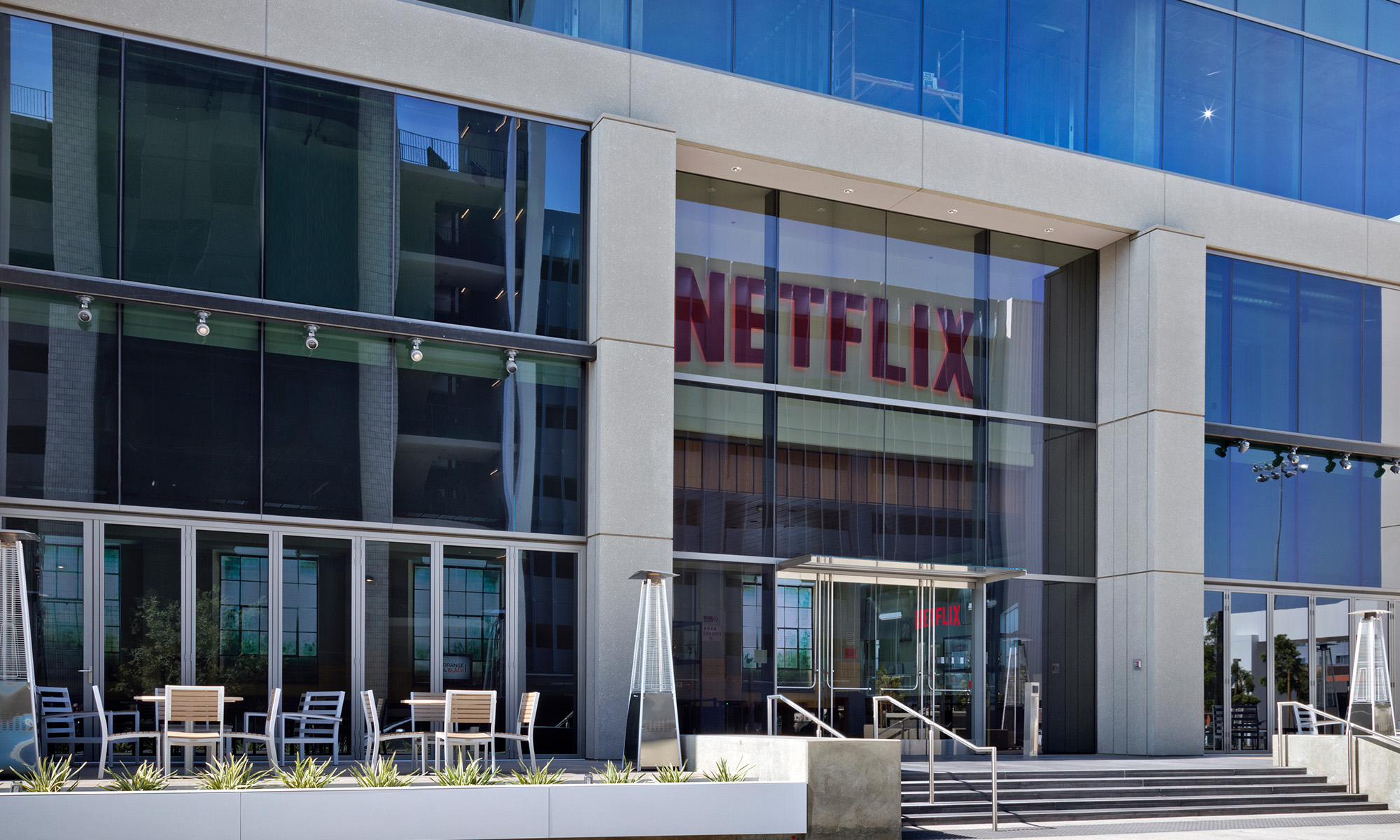Entertainment has never been as important as it is right now, and this should (in theory at least) be a prime time for Disney (DIS +1.12%) and Netflix (NFLX 0.22%) to shine. Disney is the global giant that just happened to score the six highest-grossing films at the box office last year. When it comes to content, Disney is the Lion King.
Netflix is the undisputed top dog of premium streaming video. It's a globe-trotting juggernaut with 167.1 million streaming premium members worldwide. It always seems to have a firm reading on the pulse of the shows and movies that will dominate water cooler chatter. And that's not a surprise since it's been mining streaming-viewership data for more then a dozen years. When it comes to content, Netflix is the Tiger King.
Putting Disney and Netflix into the ring should be the mother of all media battles, but the stock charts tell a different story. Disney enters this week trading 33.3% lower year to date, outpacing the overall market's 21.3% slide this year. Netflix is bucking the bearish bent, rising 10.4% so far in 2020. We know who the year-to-date winner is, but let's see which consumer-facing entertainment giant is best positioned to rise above in the future.

Joe Exotic, star of "Tiger King: Murder, Mayhem and Madness" on Netflix. Image source: Netflix.
Knives out
There's a good reason Netflix is flying high while Disney is losing to an already bearish market. Folks homebound and hungry for entertainment are what Netflix lives for. But it's a different story for Disney, with its theme parks closed, multiplex projectors shut down, and sports programming on ESPN down to nostalgic tones of classic contests.
No one is expecting Netflix to fall short of its earlier guidance, but it's a different story at Disney, where analysts have been whittling down their profit targets. Some aspects of its business will hold up well. Disney+, a fast-growing rival to Netflix that ramped up to 28.6 million paid subscribers less than three months after its launch, is a rock star. Many of Disney's media networks will be able to weather the storm, outside of ad revenue that may be a dicey proposition for marketers given the new normal. But those positives in Disney's model will be more than undone by declines in the rest of the media mogul's subsidiaries.
Everyone knows that Netflix will grow in this environment. Nobody sees Disney improving in this climate. However, both stocks already reflect that reality. Disney has historically commanded a healthy market premium, but now it's trading at a trailing earnings multiple in the mid-teens. Netflix has always traded at chunky markups to its top-line results and even more outrageous premiums to its spotty profitability, and the disparity has widened with Netflix bubbling higher as a COVID-19 play.
The key here for Disney is how long it will take to get back to where it was in fiscal 2019. It will be at least a few quarters and possibly a couple of years before it gets back on track. The economy won't be the same once we get out of this crisis, and it's naive to assume that folks will have the same money to spend on multiplex outings, theme park getaways, and consumer product purchases. This bear will be growling at the Mouse for some time.
Netflix also will have its challenges. In just the next few weeks, we'll see Quibi, Peacock, and HBO Max enter the already crowded streaming market. Sure, the pie is expanding, but we can't assume that the arrival of these new platforms won't come to some degree at Netflix's expense.
The verdict
I'm a shareholder of both stocks, so obviously I think both will continue to beat the market. Disney stock is worth more than its current depressed state, and Netflix is squarely in the lead of a thriving niche. Deciding which one is the better buy right now isn't as easy as it may seem, but I'm going to side with Netflix here.
It has historically been the riskier play of the two, but the tables have turned. Disney is the one that stands to have more to lose in the current climate and the seemingly inevitable recession that looms later this year. Netflix should keep growing its audience. The competitive climate of streaming will keep its subscription prices in check, but it's hard to see Netflix shifting into reverse at this point. This is a scalable business, and no one can profitably invest as much in content as Netflix can, given that it should have more than 174 million paying subscribers worldwide at the end of this month.
Disney and Netflix will both be long-term winners among consumer discretionary stocks. But right now, momentum -- and just about everything else -- belongs to Netflix.







